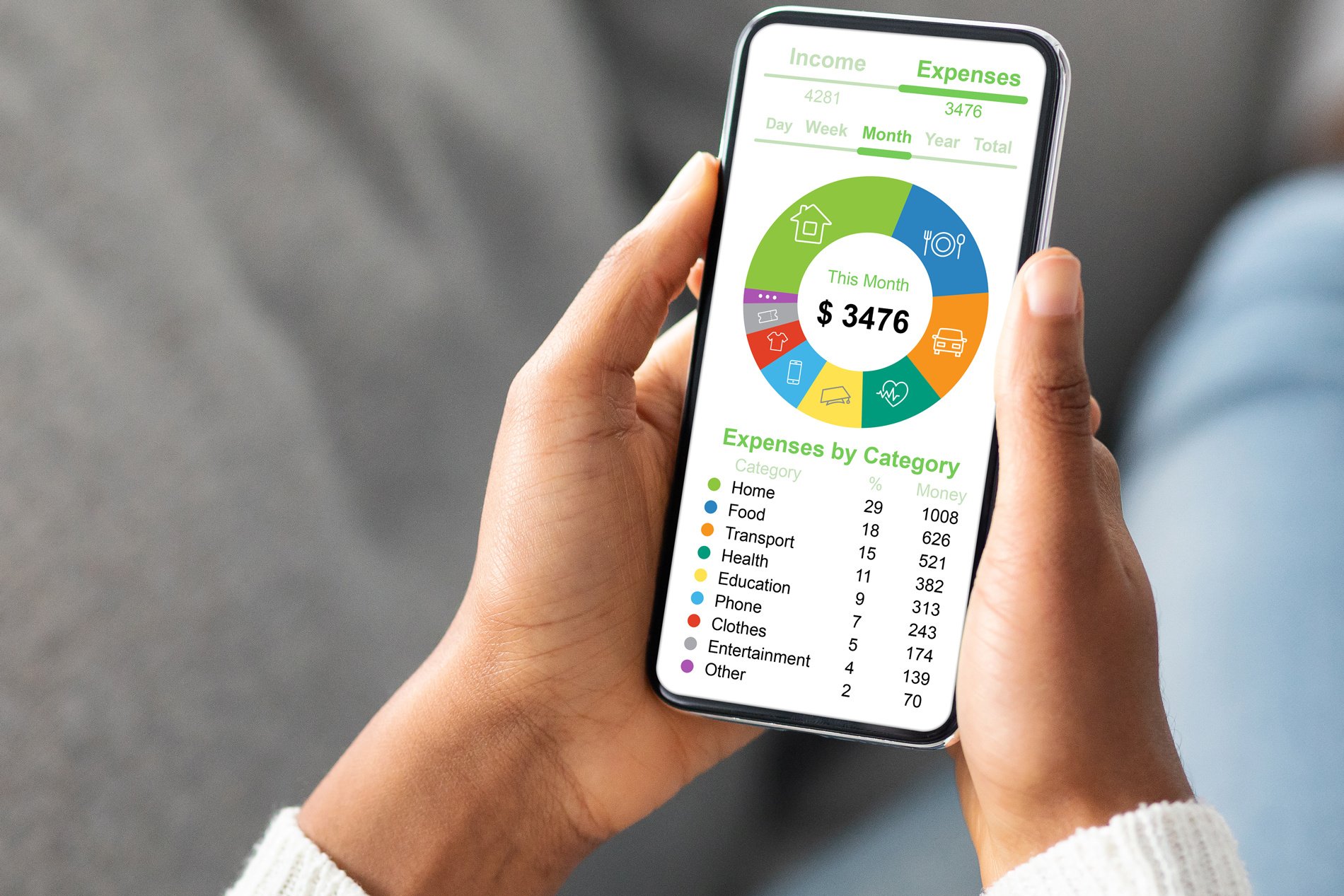Simple Strategies for Paying Down Debt

Consolidating High-Interest Debt
- Cash-Out Refinance:
Did you know you can leverage your home’s equity to consolidate high-interest debt?
A cash-out refinance allows you to access the equity in your home to pay off existing, high-interest debts. Simply put, equity is the difference between what your home is currently worth and what you still owe of your mortgage. If the value of your home has increased over time, you can borrow against that value. Typically, the rate for a mortgage is much lower than that of a personal loan or credit card.
By paying off high-interest credit cards or loans through a cash-out refinance, you can consolidate your debt into a lower interest rate and save on monthly payments. Having all your loans consolidated into one payment can also make it easier to manage your finances. Instead of dealing with variable interest rates like you would with a credit card, a fixed interest rate can make it so you may be paying less in total interest over time. The loan amount and term of the loan are also fixed.
- Second Mortgage
If you have a lower rate on your existing mortgage and are still looking for a way to leverage your home’s equity, this is a great option. With a second mortgage, you can maintain the same interest rate as your original loan, while still accessing cash for needed expenses or debt consolidation.
One thing to note, in comparison to a cash-out refinance, second mortgage interest rates are typically higher.
Establishing Strong Financial Habits
- Account Monitoring
Once you’ve set your plan for paying down any debt in place, it’s time to establish strong financial habits for the future.
By monitoring your financial accounts, you can consistently have an accurate screenshot of what you owe and any potential recurring bills. Getting into the habit of checking your accounts daily can take away any stress over the unknown spending number on a card.
In addition to daily account monitoring, you can track your spending in a budget sheet.
- Setting Financial Goals
You can set any financial goals you want, and change them if they don’t align with your financial goal timeline or if they don’t seem realistic in the timeframe you’ve chosen.
Start by figuring out how much money you’ll set aside each month or from each pay period. By automatically building that into your routine, you can create financial room for unexpected expenses or emergencies. Next, you’ll want to also set aside the amount of money needed to put towards your debt every month. Consistency is key!
- Paying Bills on Time
Sometimes it’s tough to keep track of what bills need to be paid when. For most monthly bills or subscriptions, you can choose to opt for autopay settings, so the money needed gets automatically withdrawn from your account when the bill is due.
- Budgeting
Once you’ve decided the best strategy to pay down your debt, it’s time to sit down and create a budget. Budgets are a great way to easily get a snapshot of what your monthly spending looks like. By breaking down your spending and income, you can see how to balance your spending habits going forward.
Budget tracking also helps you set the standard for how much you should be spending on certain expenses. For example, after looking into what you spend on groceries each month, you can determine whether the number should stay the same or be lower. Look into opting for the generic brand instead of name brands at the store, and save coupons that come with your printed receipts or in the mail. Avoid splurging on nonessential purchases until your bills are paid each month.
Debt can be scary, but there are solutions so you can successfully clear away debt. We're here to help. Contact our mortgage experts to explore your refinancing and home equity options today at 800-582-9112.


